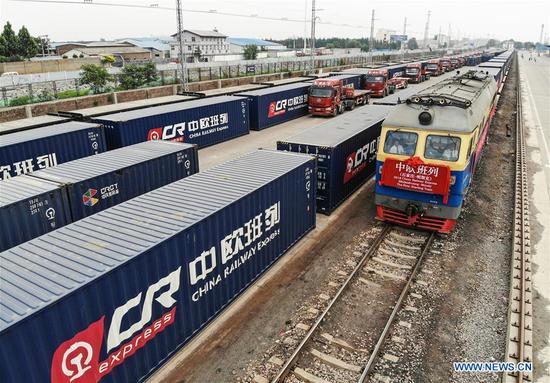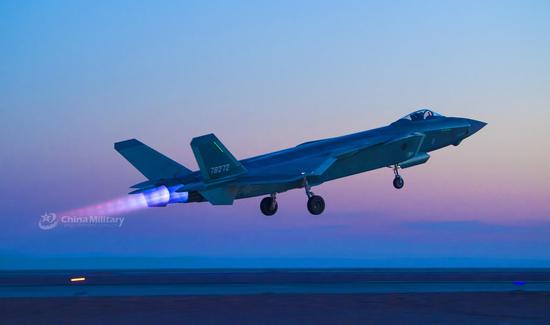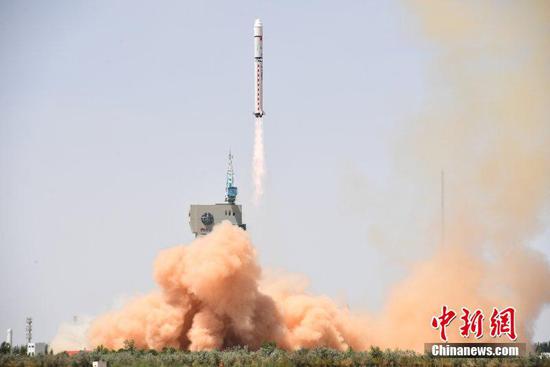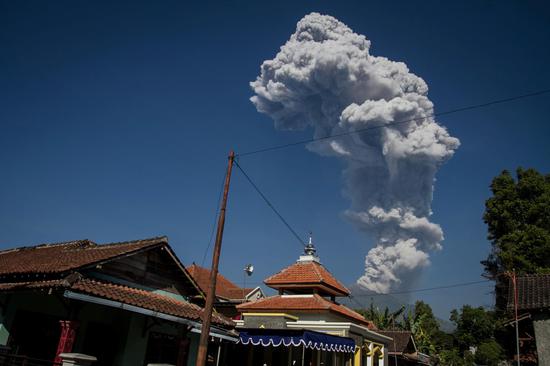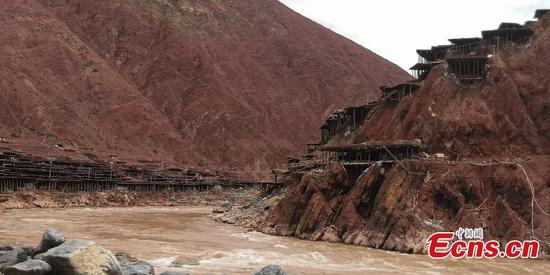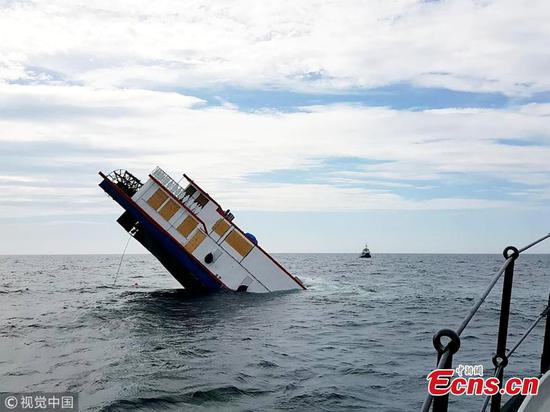The intensifying United States naval patrols in the South China Sea will increase militarization and destabilize the otherwise peaceful region, leading to greater risks and possible confrontation between China and the U.S., Chinese experts have warned.
On Sunday, Reuters reported that the Pentagon is considering more assertive types of freedom-of-navigation operations close to Chinese islands and their surrounding waters in the South China Sea. The news agency cited two unnamed U.S. officials and Western and Asian diplomats.
Such moves could involve longer patrols, larger numbers of ships and closer surveillance of Chinese facilities in the area, the report said, adding that the U.S. also is pushing its allies to increase their own naval deployments to counterbalance China's military presence in the region.
At the ongoing 17th Asia Security Summit, also known as the Shangri-La Dialogue, He Lei, vice-president of the Academy of Military Science of the Chinese People's Liberation Army, said that the U.S. has been intruding on Chinese territorial waters and airspace by sending military vessels and aircraft to conduct surveillance and flex military muscle in the region-all under the pretense of upholding freedom of navigation.
These moves have undermined China's security interests and territorial sovereignty and are the root causes of mounting tensions and militarization in the South China Sea, he said on Saturday at the dialogue, which opened in Singapore on Friday.
He made the comments in response to remarks from U.S. Defense Secretary James Mattis, who said at the meeting on Saturday that China's "militarization" of the South China Sea was a reality and Beijing would face unspecified consequences.
He, also head of the Chinese delegation to the Shangri-La Dialogue, said that China's deploying defense facilities on its own islands in the region is necessary and a legitimate right granted to sovereign nations by international laws.
On May 27, two U.S. naval vessels-the destroyer USS Higgins, and the cruiser USS Antietam-entered without permission within 12 nautical miles of China's Xisha Islands. The Chinese military immediately dispatched naval ships and aircraft to verify the U.S. warships and warn them off, according to China's Defense Ministry.
Xia Liping, dean of the Institute of International and Public Affairs at Shanghai-based Tongji University, said the U.S. is not a claimant in the South China Sea, nor has it ratified the United Nations Convention on the Law of the Sea, the international legal framework designed to regulate maritime affairs.
However, the U.S. has been "selectively using clauses from the convention that benefits its own strategic interests", he said.
While the convention grants a certain degree of navigational freedom, it also asks ships to respect the security interests and maritime laws of other nations before passing. "But the U.S. is upholding the former clause while ignoring the latter," Xia said.
Chinese laws require foreign military vessels to report and ask for permission when passing through China's waters, so it is unreasonable for the U.S. to ask other nations to carry out freedom-of-navigation patrols in the South China Sea.
"It is like asking others to be cannon fodder and break international and Chinese laws together," he said.
Recent U.S. rhetoric clearly shows an interest in forging a strategic coalition with its allies and partners to pressure China on the South China Sea issue, Xia said. However, not many nations, other than the United Kingdom, France and Australia, have the naval capability and political incentive to answer U.S. call.
Li Haidong, a professor of U.S. studies at China Foreign Affairs University, said increasing "freedom of navigation" patrols in the South China Sea will disturb regional peace, increase the chance of accidents and even confrontations in a region that is otherwise becoming more stable and calm.
"The U.S. is driving a wedge between China and other ASEAN countries so that it can justify its military presence in the region," Li said. China will continue to build necessary defense facilities in the region and increase dialogue to resolve issues peacefully by implementing a code of conduct with relevant nations, he added.














